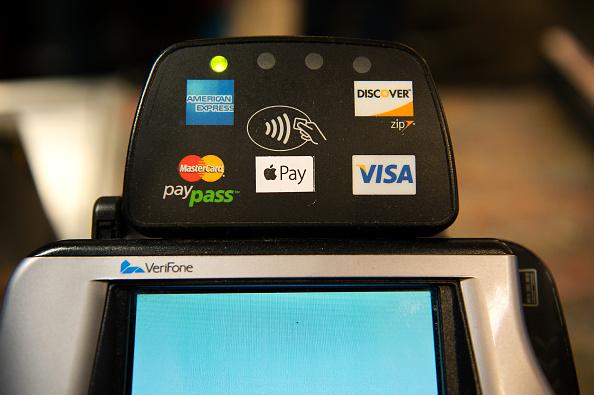Many people have ditched cable. Instead, they are opting to go with Netflix, and supplementing that with a sports package such as NBA League Pass.
Cable companies are losing TV subscribers in the hundreds of thousands each quarter. Rumors are floating around that Apple is out shopping for content providers for its venture into the TV market. It’s no wonder cable providers are starting to feel the pressure.
The Netflix and Comcast agreement has set a precedent that is likely to have an impact on other bandwidth guzzlers.
Netflix accounted for nearly 30 percent of bandwidth during peak-hours in the United States, as reported in a Sandvine Study. It was followed by YouTube, at nearly 17 percent bandwidth consumption during peak-hours in the United States.
Hulu, Facebook, Amazon, and Apple were among the top 10 highest bandwidth-consuming companies in the nation.
Cable Internet providers could be looking for these companies to sign deals like the one signed between Comcast and Netflix.
If companies don’t comply, cable Internet providers could leave the interconnects as is until consumers notice a performance degradation and companies are forced to do something about it—similar to what happened with Netflix.
Google may have seen this coming. In recent years, it has begun rolling out Google Fiber. Last week it was reported it would be expanding across the United States in cities such as Atlanta, San Jose, and Salt Lake City.
Cable companies are pushing back, lobbying politicians to make it illegal for such high-speed Internet connections to be installed unless the areas are completely unserved.
The Internet is charging forward, leaving a landscape filled with corpses of old, once giant companies, shattered like ruins in history. We may see more TV-based companies among the dead, unless they adapt.



